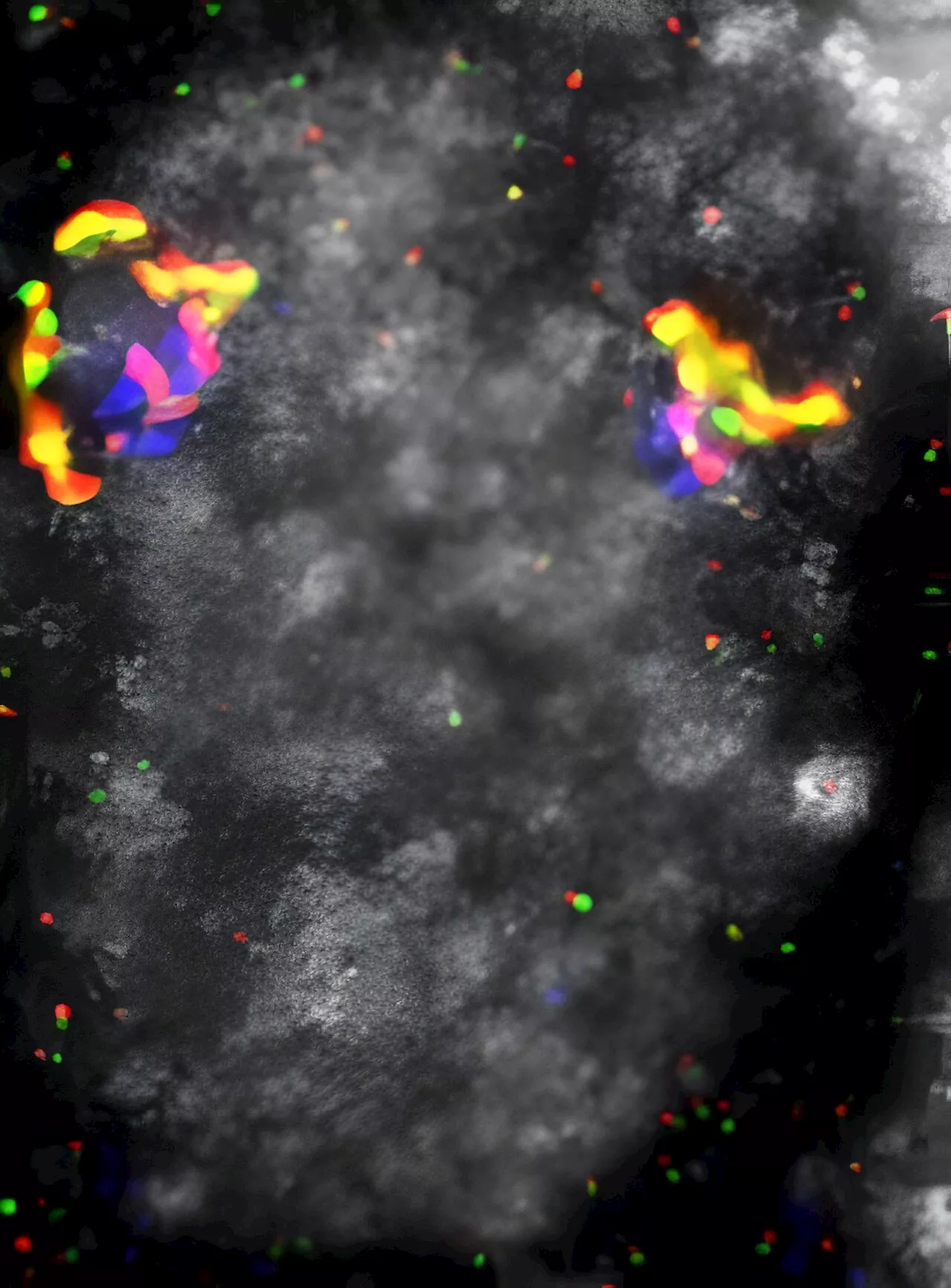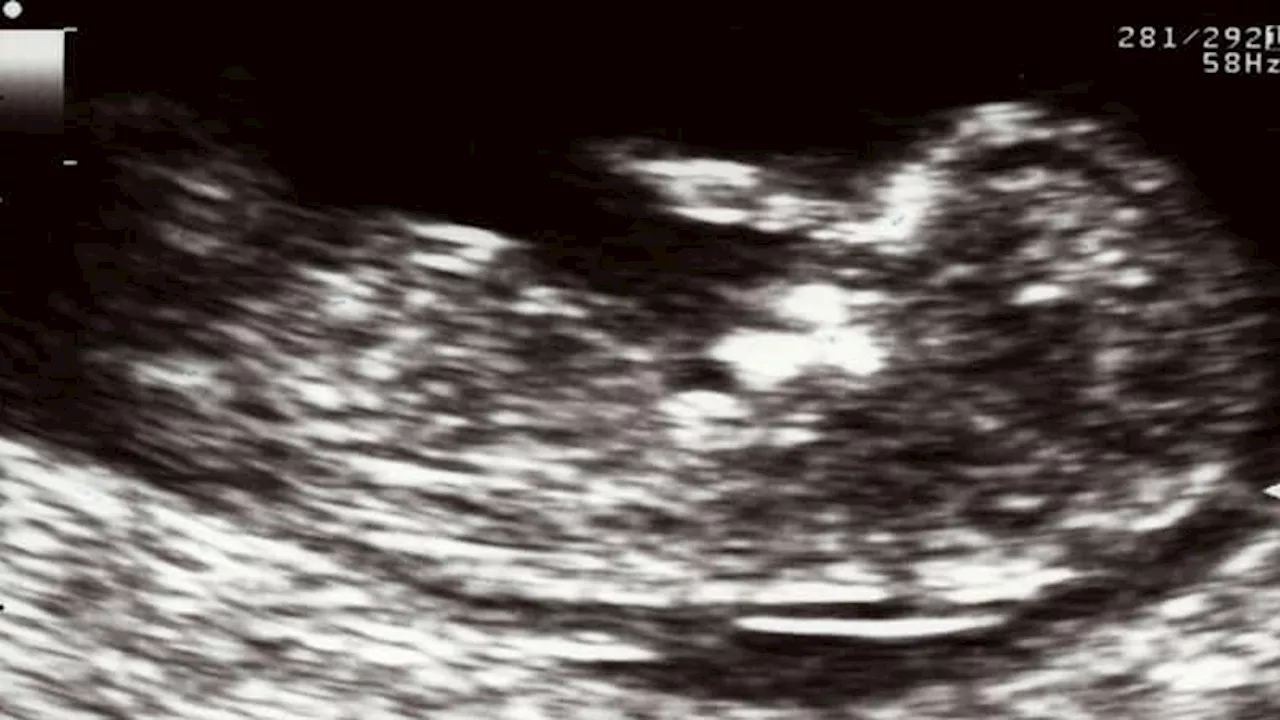Genetic mutations are making Plasmodium falciparum, parasites that cause malaria, invisible to rapid tests. New, more sensitive tests could help.
Over the last couple of decades, rapid diagnostic tests have emerged as a vital tool in the global fight to control malaria. The relatively inexpensive test strips have diagnosed millions of cases in just minutes, hastening access to lifesaving treatment. They’ve alsoin harder-to-reach rural areas, sharpening public health experts’ view of the toll of this mosquito-borne disease that kills around half a million people globally each year.
Scientists first reported these mutations in 2010, after reviewing blood samples from patients in Peru. Though malaria parasites showed up in the samples under the microscope, the patients’ rapid test results were negative. Most malaria rapid tests work by detectinghistidine-rich protein 2 and 3, which are usually reliable indicators of infection. But in malaria parasites isolated from these Peruvian samples, portions of the, which code for the proteins, had been deleted, the team found.
When rapid tests fail due to genetic mutations in malaria parasites, more precise methods such as microscopy are required to confirm that a false-negative result is actually positive. In this microscope image of human red blood cells, the parasites show up as purple rings.across South America, Africa and Asia.
“It’s not an automatic thing to detect these mutant parasites,” says Carlton. It requires extensive testing of samples via more precise methods, like microscopy or detecting the parasite by DNA, to confirm that a negative rapid test is actually positive and that the parasite contains test-evading deletions. “It can be quite expensive to do that,” she says, so the quality of existing studies assessing the prevalence of these mutations, known as surveys, is highly variable.
United States Latest News, United States Headlines
Similar News:You can also read news stories similar to this one that we have collected from other news sources.
 YKT6 gene variants cause a new genetic disorder finds a new studyA recent collaborative study has discovered rare variants in the YKT6 gene as the cause of a new neurological disorder characterized by developmental delays along with severe progressive liver disease and a potential risk for liver cancer.
YKT6 gene variants cause a new genetic disorder finds a new studyA recent collaborative study has discovered rare variants in the YKT6 gene as the cause of a new neurological disorder characterized by developmental delays along with severe progressive liver disease and a potential risk for liver cancer.
Read more »
 New Kaiser genomics lab opens in San Jose using robots for faster, cheaper routine genetic testsThe new lab is a step towards increasing access for Kaiser members to one of the next frontiers in tech and medicine, personalized “precision” treatment based on genome testing.
New Kaiser genomics lab opens in San Jose using robots for faster, cheaper routine genetic testsThe new lab is a step towards increasing access for Kaiser members to one of the next frontiers in tech and medicine, personalized “precision” treatment based on genome testing.
Read more »
 New genetic analysis tool tracks risks tied to CRISPR editsSince its breakthrough development more than a decade ago, CRISPR has revolutionized DNA editing across a broad range of fields. Now scientists are applying the technology's immense potential to human health and disease, targeting new therapies for an array of disorders spanning cancers, blood conditions and diabetes.
New genetic analysis tool tracks risks tied to CRISPR editsSince its breakthrough development more than a decade ago, CRISPR has revolutionized DNA editing across a broad range of fields. Now scientists are applying the technology's immense potential to human health and disease, targeting new therapies for an array of disorders spanning cancers, blood conditions and diabetes.
Read more »
 Scientists Discover 17 New Genetic Variants Linked to Alzheimer’s DiseaseScience, Space and Technology News 2024
Scientists Discover 17 New Genetic Variants Linked to Alzheimer’s DiseaseScience, Space and Technology News 2024
Read more »
 New Study Challenges Current Practices: Nuchal Translucency Screens Detect Genetic Disorders at Lower ThresholdsResearchers hope screening programs reevaluate nuchal translucency measurement thresholds.
New Study Challenges Current Practices: Nuchal Translucency Screens Detect Genetic Disorders at Lower ThresholdsResearchers hope screening programs reevaluate nuchal translucency measurement thresholds.
Read more »
 New Genetic Analysis Reveals Evolution of Echolocation in Toothed WhalesGenetic analysis suggests that the fatty tissues enabling echolocation in toothed whales may have evolved from their skull muscles and bone marrow, changing their eating habits and perception of the world.
New Genetic Analysis Reveals Evolution of Echolocation in Toothed WhalesGenetic analysis suggests that the fatty tissues enabling echolocation in toothed whales may have evolved from their skull muscles and bone marrow, changing their eating habits and perception of the world.
Read more »
